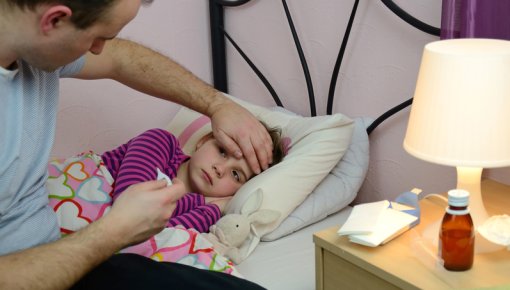Medications for children: Getting the dose right

When children are ill, parents can help them get through it by calming, consoling and distracting them. They have to help their child get through a difficult phase, and may also have to give them medication. It is especially important to pay attention to the correct dosage. There are some things that can help.
In children, many illnesses will go away on their own after a while and don’t need to be treated with medication. So it may be worthwhile considering whether medicine is really needed, and if the pros outweigh the cons.
For medication to work properly, it’s important that it’s taken as recommended. This can sometimes be difficult, especially if you are dealing with younger children. They might keep their mouth tightly shut, spit tablets out again, or protest loudly against taking any medicine. This can be stressful – for both the parents and the child. If you’re stressed, mistakes are more likely to happen when measuring a dose of medicine, and doses are more likely to be forgotten.
